The biggest carbon losers
Corporate Knights
OCTOBER 11, 2022
Yet the pace and scale of their reductions is in the realm of what every company and country must do by 2030 to keep the faith of the Paris Agreement. To boot, Enel managed to deflate its carbon bubble almost exclusively by retiring high-carbon assets. But not all GHG reductions are equal. dollars) through 2030.

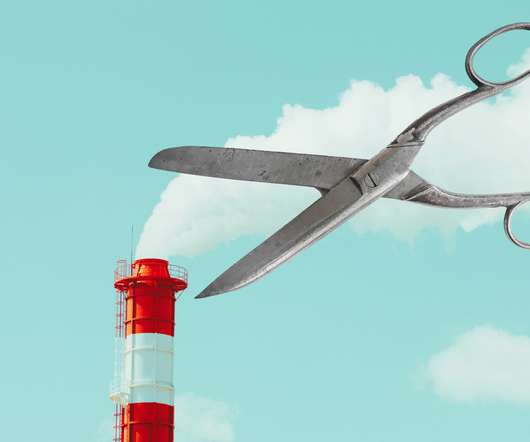
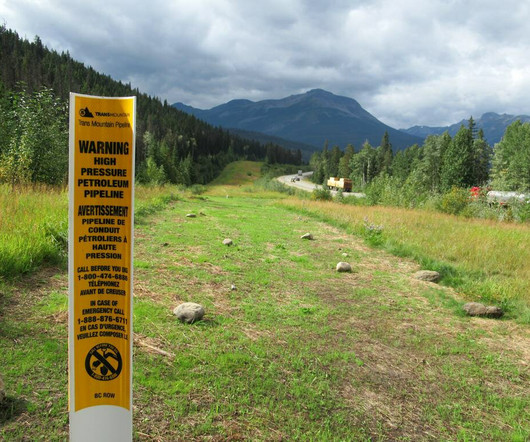


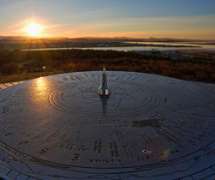
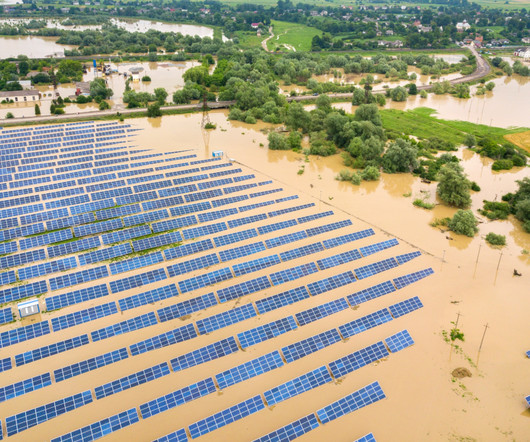


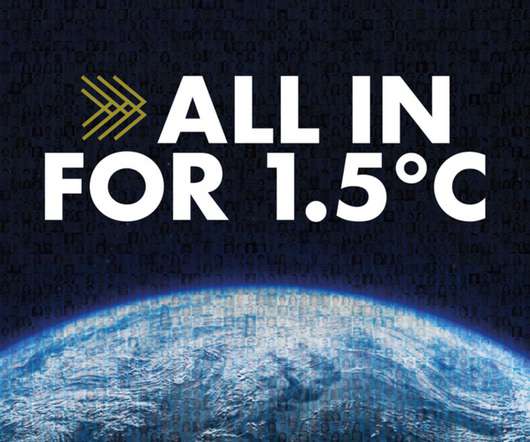
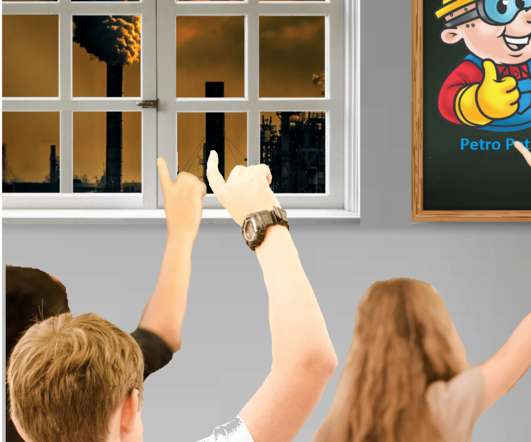






Let's personalize your content